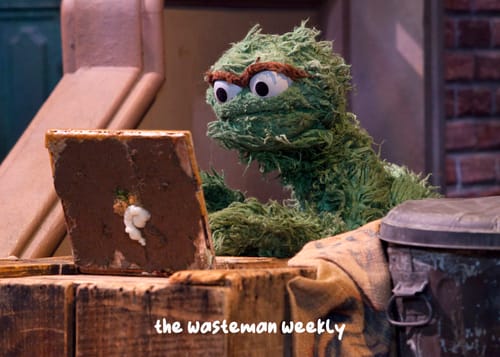Off-late we've been highlighting a lot of different examples of how climate change has sprung up in our lives and solutions that are starting to take shape. But let's take a step back from the headlines, I want to talk about how our garbage specifically contributes to it - and help breakdown some of the nuances of this seemingly underground industry. This week will be the precursor, and we'll dive in deeper in the coming weeks so make sure you stay tuned for the full picture.
In the grand scheme of climate change, there are a few main industries we can attribute significant emissions to:
- energy
- transportation
- agriculture
- manufacturing
—but waste management quietly plays a prominent role. From the methane released by decomposing organic matter in landfills to the challenging economics of collection, sortation, and recycling, our garbage doesn’t just disappear; it lingers beyond what we're conscious of. And while it may not grab headlines like oil spills or deforestation, the waste industry’s impact is both deeply hidden and massively underestimated.
As a quick summary into what we'll dive into, Let’s peel back the layers on why the waste industry is such a critical, yet misunderstood, piece of the climate puzzle.
Problem
- Landfills are the third-largest source of methane emissions globally, driven largely by the 30-40% of waste that’s organic material. Methane is a climate heavyweight, trapping 80 times more heat than CO₂ over 20 years.
- The economics of waste are just as revealing: recycling rates are stagnating in many places because the cost to collect, sort, and process recyclables often outweighs the value of the materials themselves.
- This economic imbalance is worsened by the sheer complexity of global supply chains and consumer habits, making it harder to close the loop on waste.
Opportunities
- Like methane capture turning waste into energy
- or advanced sortation technology making recycling economics viable again.
The bottom line is-
our trash isn’t just a problem to solve; it’s a massive system ripe for innovation that could drastically cut emissions, reduce pollution, and even fuel local communities. The Circular Economy is about connecting the dots, how one business or industry's waste can literally be another's input. There's a whole underground economy just waiting to be utilized, and one that could just save our metaphorical ship.








